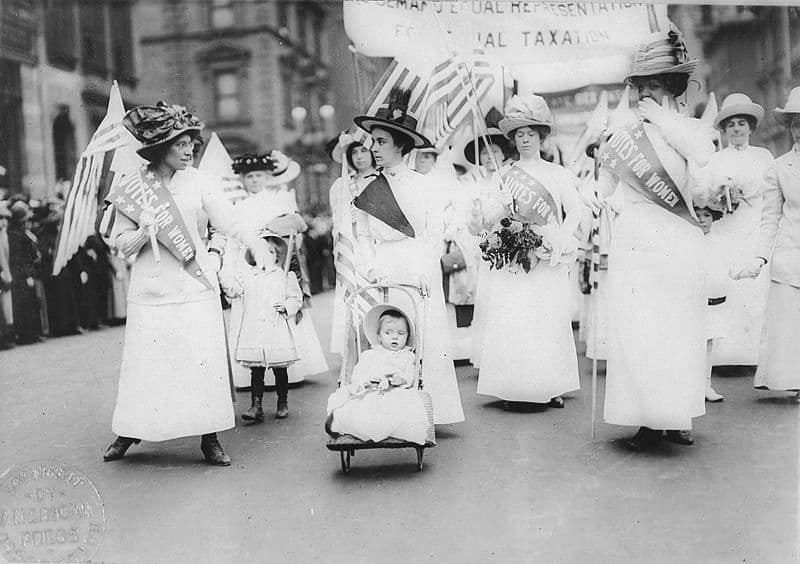One of the surprising outcomes of the 2016 presidential election is a force that is deeply rooted in America and refuses to leave: anti-feminism. Despite the repeated complaints of sexual misconduct and other forms of misogyny by Donald Trump, many women chose to vote for him. Why? Because some of these women believe that their place was at home, and Donald Trump seemed to be the man to restore the traditional family values that America has been disregarding ever since the rise of feminism in the nineteenth and twentieth centuries.
What these women don’t realize is that their right to vote for Donald Trump in the first place was hard-won by early feminists; in fact, the overcome for suffrage was one of the first major victories of the feminist movement in the United States. Below are some of the real yet bizarre justifications that many people — both men and women — used to deprive women of the right to vote.


